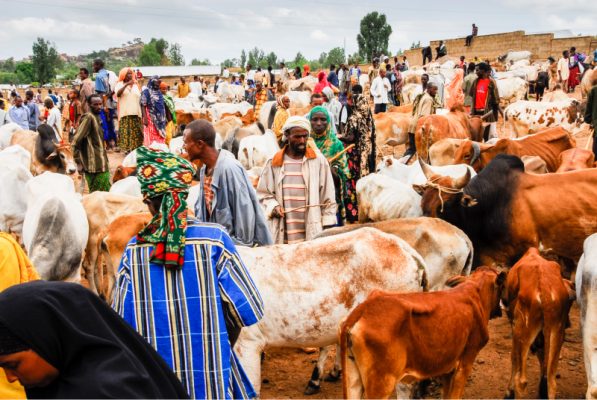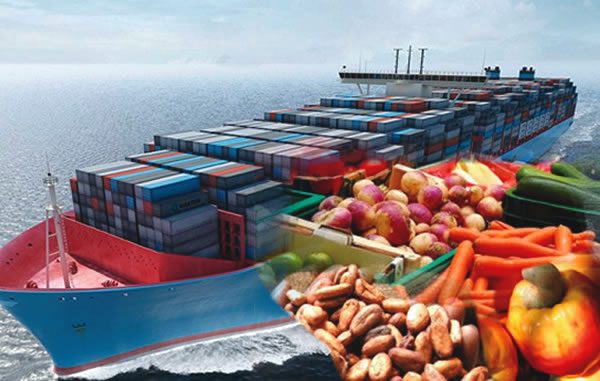Kashim Shettima, Vice President at the inaugural meeting of the National Council on Privatization (NCP), revealed Federal Governments plan to recapitalize and restructure the Bank of Agriculture, BOA.
Shettima while speaking at the event emphasized the critical role that the Bank of Agriculture (BOA) plays in guaranteeing food security for the country. He emphasized the banks extensive reach in this vital task, pointing out that it has branches in every senatorial district in the nation.
The Vice President said, We have no business being impoverished. Nigeria has to achieve food security on a national level. Lets make use of technology and science. Three or four states have enough food to feed the entire nation.
Vice president Shettima said that report on the recapitalization and reorganization of the Bank of Agriculture (BOA) is also nearing completion, with Wale Edun, the Coordinating Minister of the Economy and Minister of Finance, leading the committee.
He told members that important choices have already been made, indicating significant progress, and more announcements should come soon.
The food inflation rate in Nigeria is so high that it reached 35.41% in January, driving up the cost of staple foods like rice, maize, and other grains to an all-time high.
The federal government has declared a strategic intervention aimed at mitigating the crisis, so as to correct the worsening circumstances. To calm the market and lower the skyrocketing prices of these essential goods, authorities decided to release grains from the national reserve.
It is hoped that the BOAs recapitalization will give farmers the money they need to expand their enterprises.There are reports that farmers have received loans from traditional commercial banks.
The largest commercial bank credit the industry received in the seven years between 2014 and 2021 was N1.04 trillion in 2020, or about 5.15% of all commercial bank loans. The problem is that when farmers are not complaining that the loans are not enough or that they are not getting to the end users, the desired objective of massive food production is hardly met.












